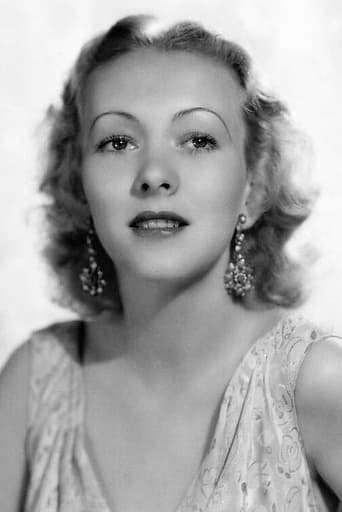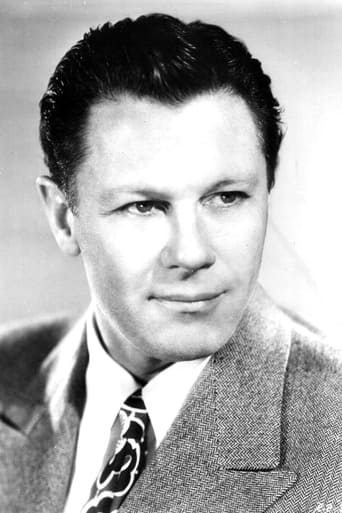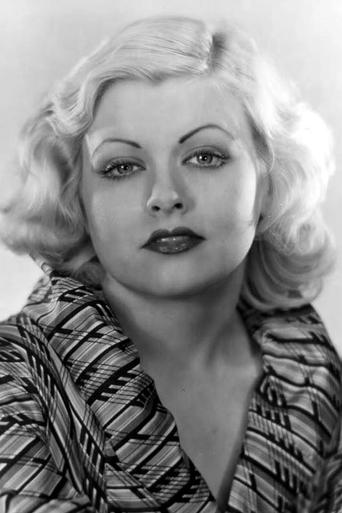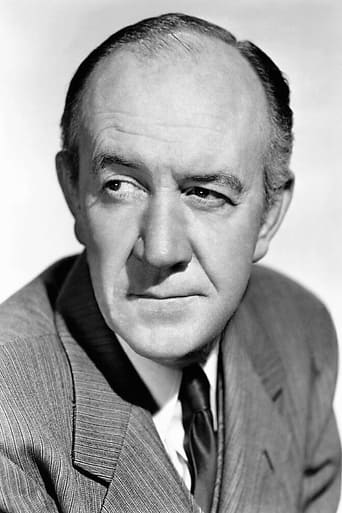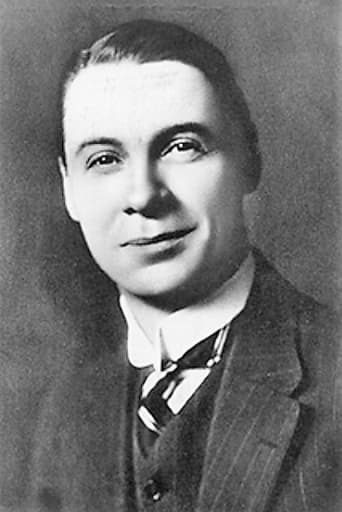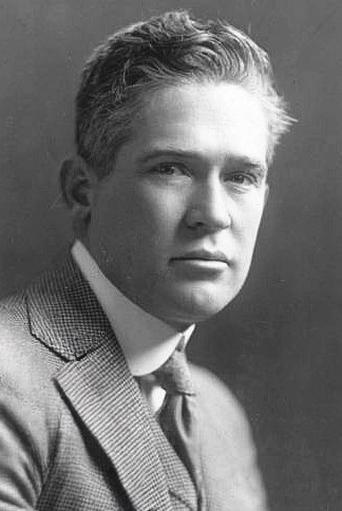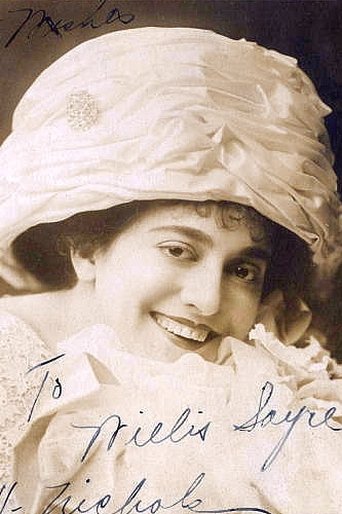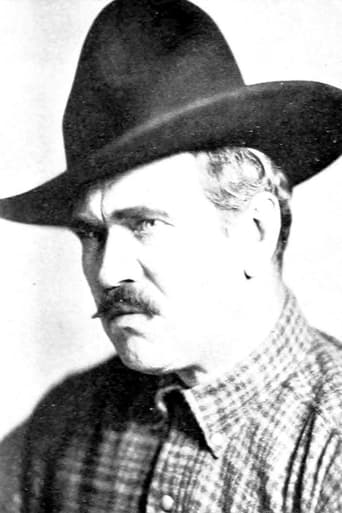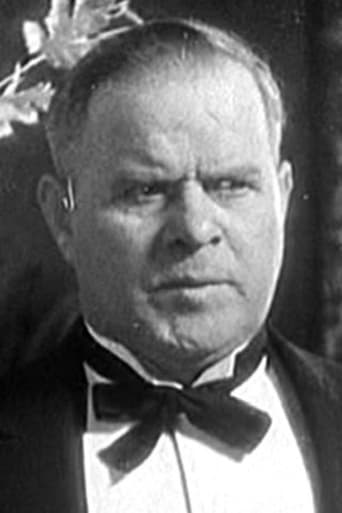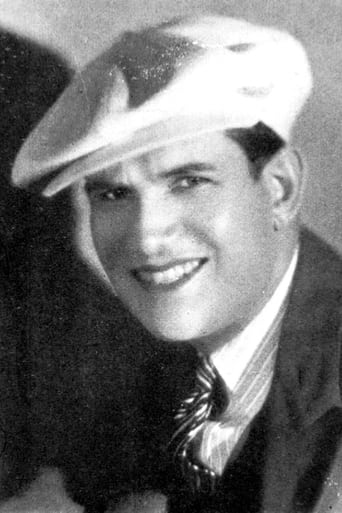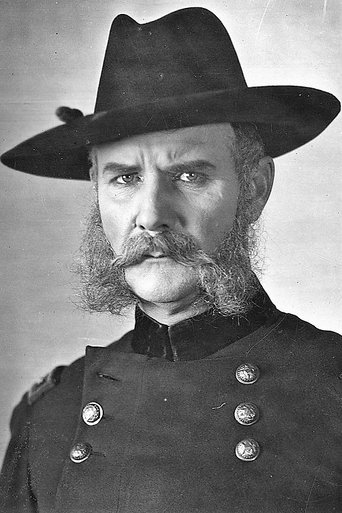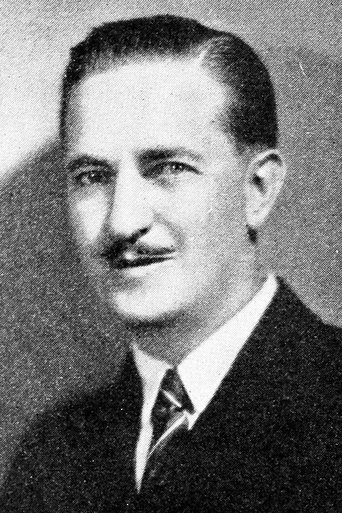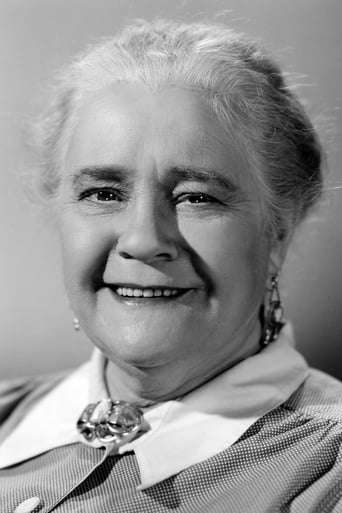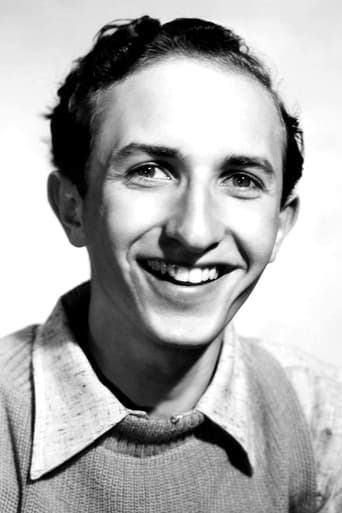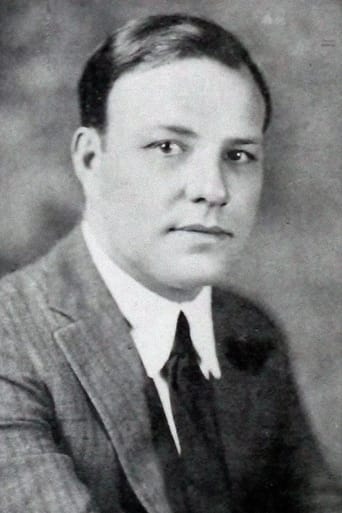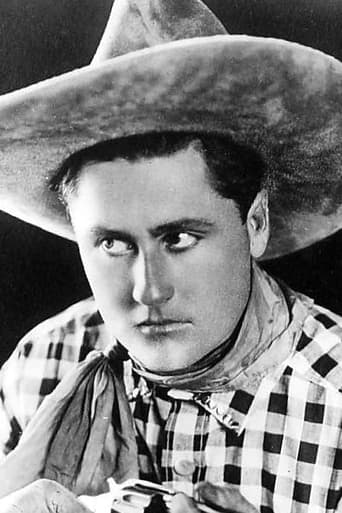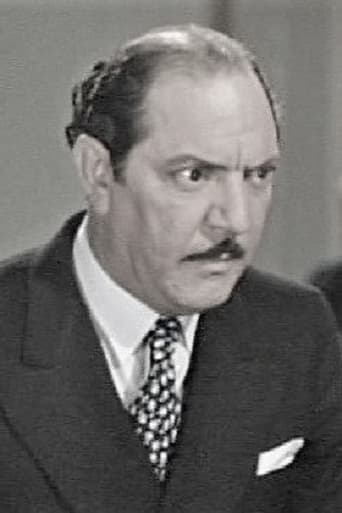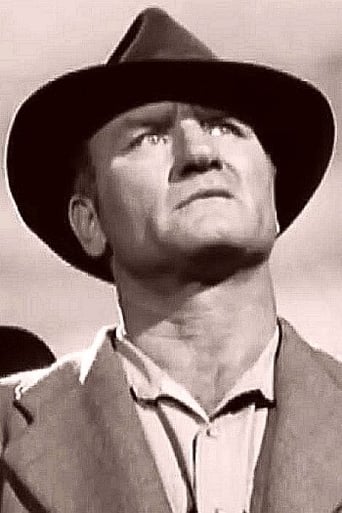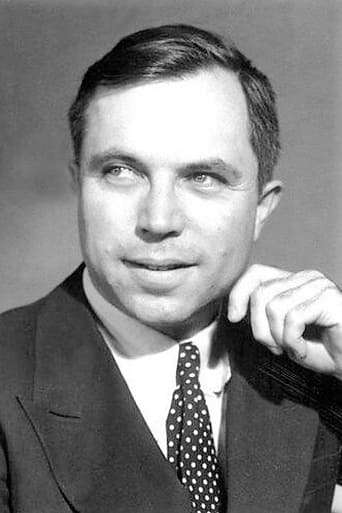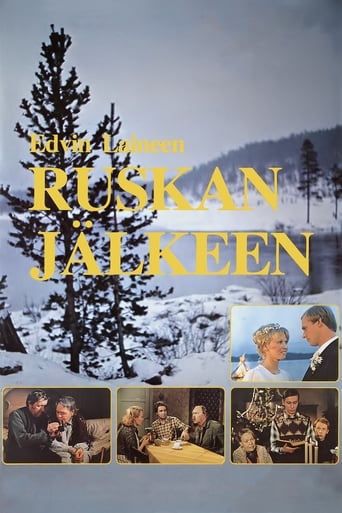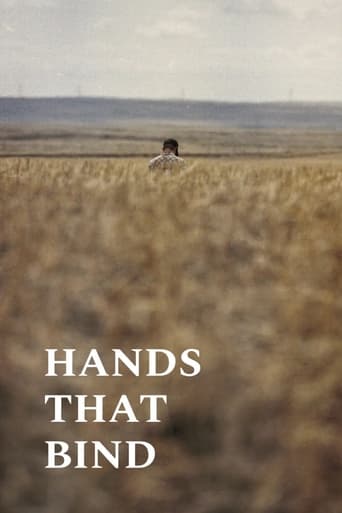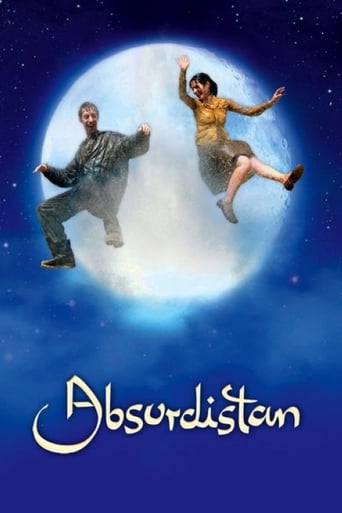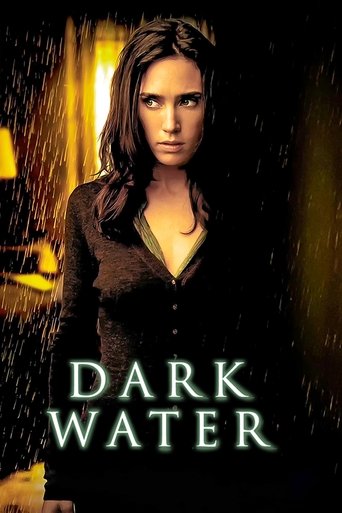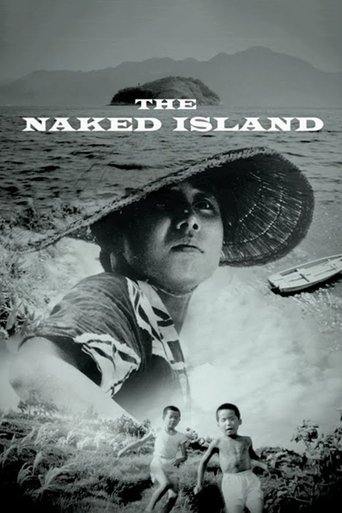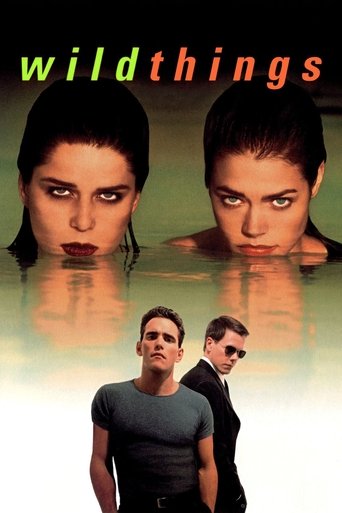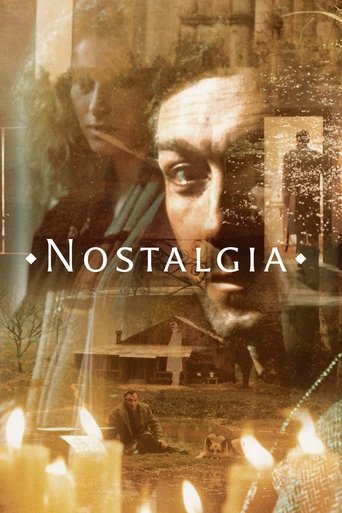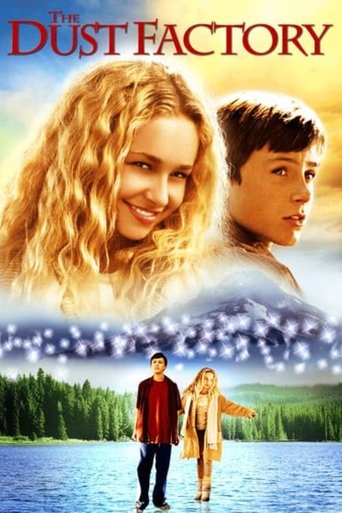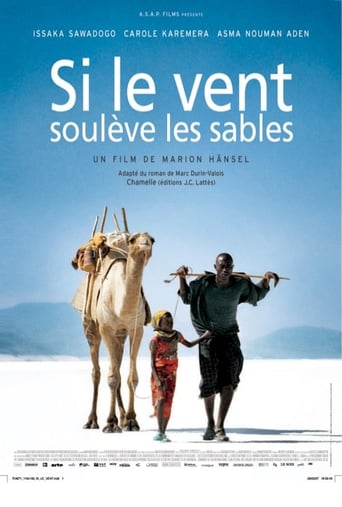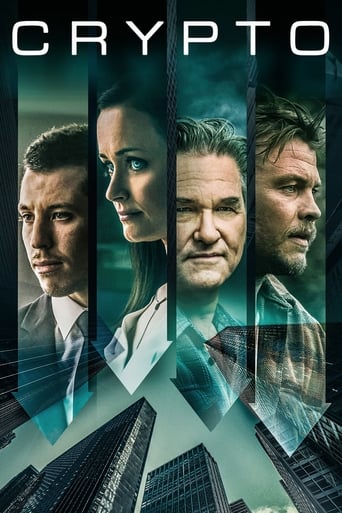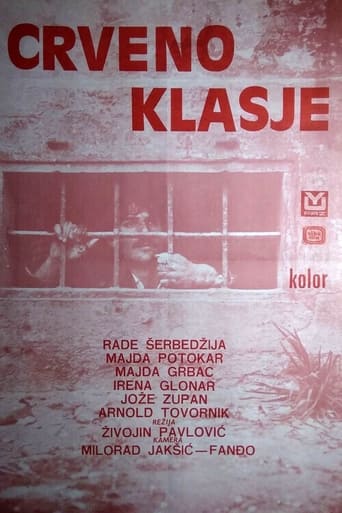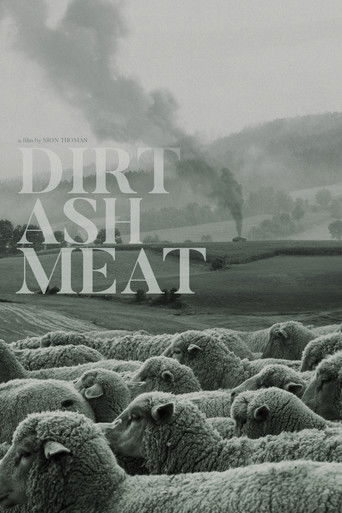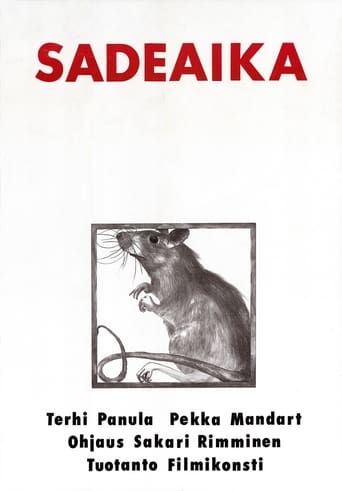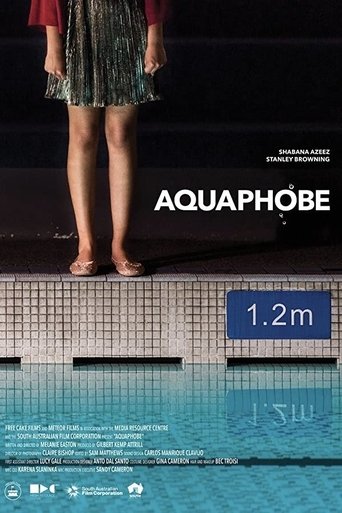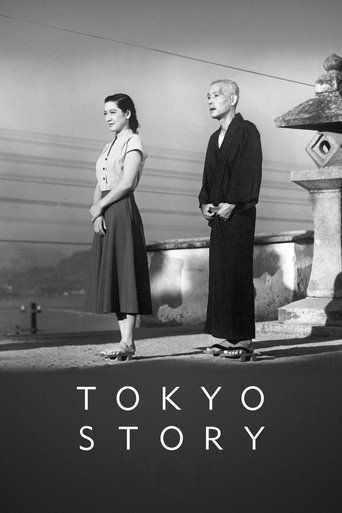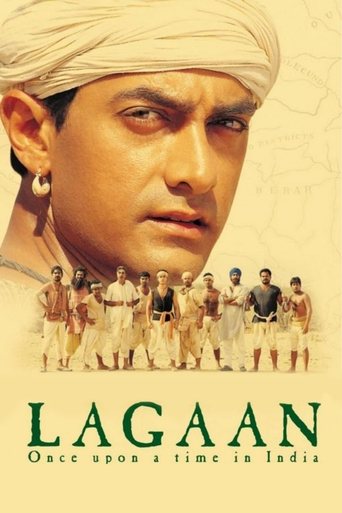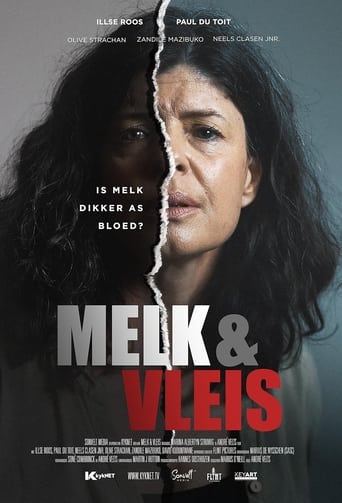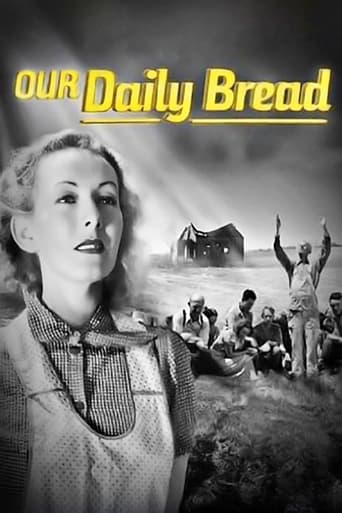
Our Daily Bread (1934)
John and Mary Sims are city-dwellers hit hard by the financial fist of The Depression. Driven by bravery (and sheer desperation) they flee to the country and, with the help of other workers, set up a farming community - a socialist mini-society based upon the teachings of Edward Gallafent. The newborn community suffers many hardships - drought, vicious raccoons and the long arm of the law - but ultimately pull together to reach a bread-based Utopia.
- King Vidor
- Ralph Slosser
- King Vidor
- Elizabeth Hill
- King Vidor
- Joseph L. Mankiewicz
Rating: 6.8/10 by 34 users
Alternative Title:
Der letzte Alarm - AT
Welt ohne Geld - AT
Country:
United States of America
Language:
English
Runtime: 01 hour 20 minutes
Budget: $0
Revenue: $0
Plot Keyword: drought, farming
Despite having a pretty lacklustre cast, this is still quite a watchable story of grit and determination set during the American depression. John Qualen ("Chris") - more frequently seen in the more eccentric supporting roles of John Wayne movies - stops by the farm of Tom Keene ("Tom") and "Mary" (Karen Mosley) who have fled the city in the hope of making a new life for themselves on an old farm owned by her uncle. He is invited to stay to help them, and they gradually they realise that by helping each other they can accomplish more, and more efficiently too, so establish a co-operative of locals and out-of-work visitors. The precision involved in their marvellous ditch digging scene proves that point effectively as they must quickly divert a nearby stream (that assumes rather Ganges-like proportions by the time they have finished) to save their drought affected corn is entertaining to watch, and the story reinforces the pioneering determination to try to make a go of things, despite the odds. Sadly, the on-screen talent - aside from Qualen - is pretty mediocre and the production is pretty basic - both of which do hold it back. As a comment on the social and community impact of the downturn in the late 1920s and 1930s - it has still some poignancy, though.

